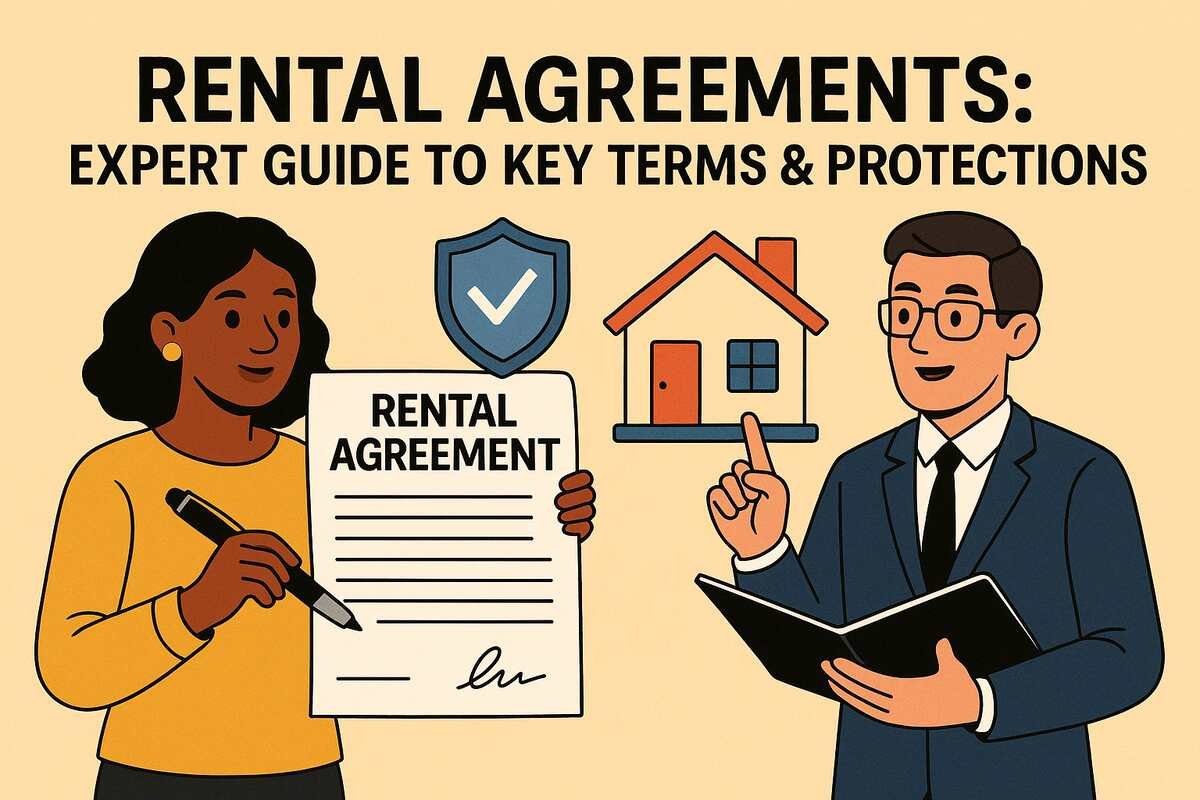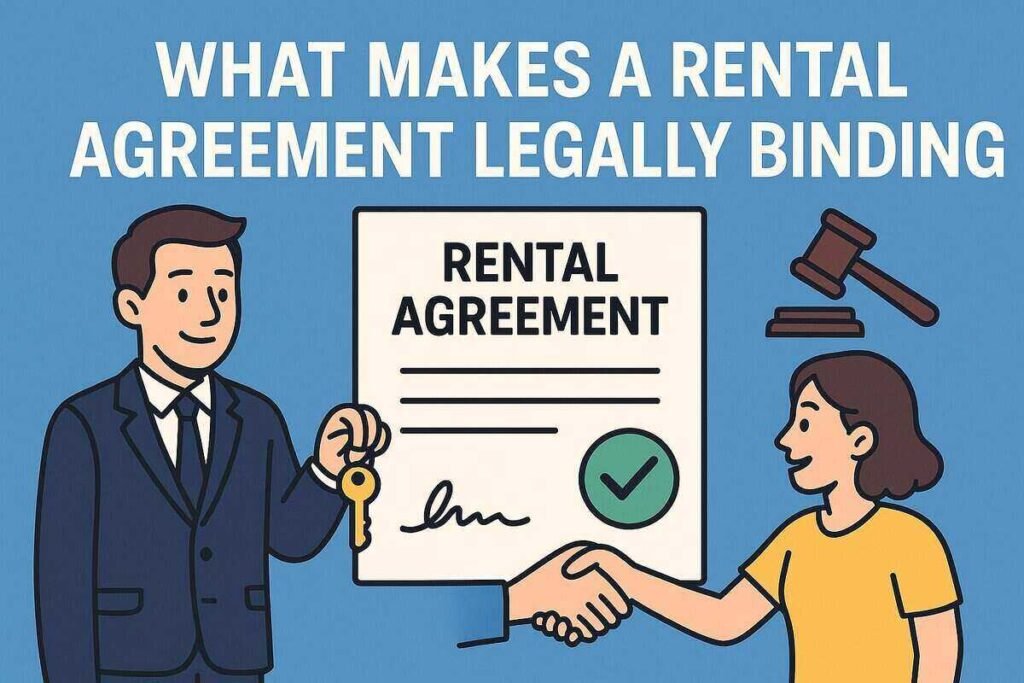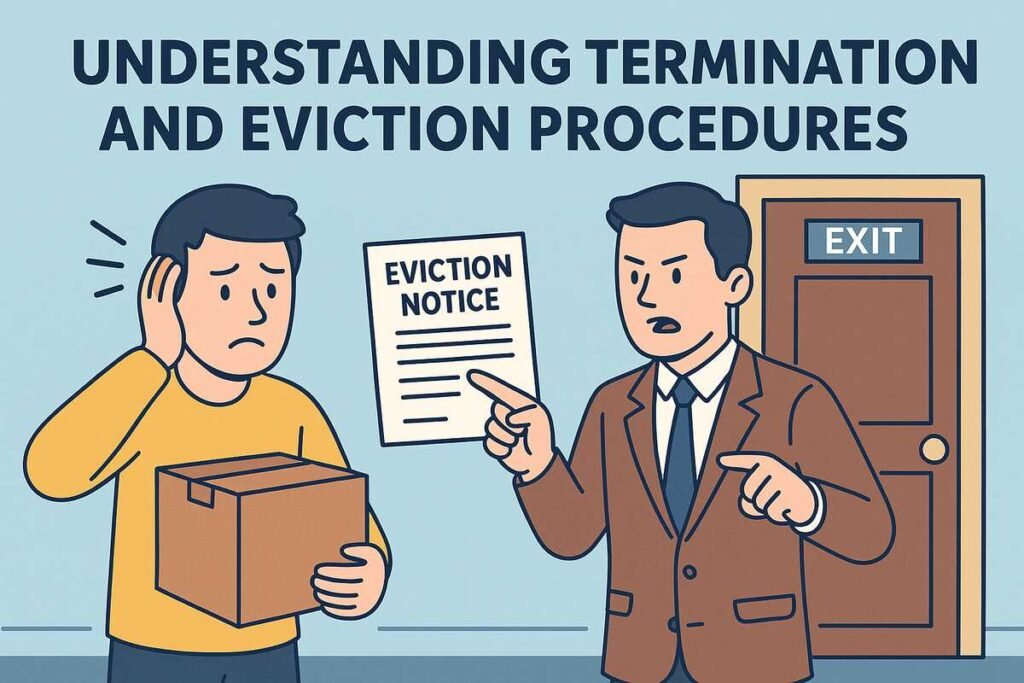Physical Address
304 North Cardinal St.
Dorchester Center, MA 02124
Physical Address
304 North Cardinal St.
Dorchester Center, MA 02124

Picture this: you’re holding the keys to your dream apartment, excitement bubbling over as you imagine your new life in this space. But before you can truly call it home, there’s one crucial document standing between you and those keys – your rental agreement. If you’ve ever felt overwhelmed by pages of legal jargon or worried about missing something important, you’re not alone. Understanding rental agreements doesn’t have to be intimidating when you know what to look for.
Whether you’re a first-time renter or a seasoned tenant moving to a new place, mastering the key terms in your rental agreement protects your rights, your security deposit, and your peace of mind. Let’s break down everything you need to know to navigate these essential documents with confidence.

A rental agreement, also known as a lease agreement, is a legally binding contract between you and your landlord that outlines the terms and conditions of your tenancy. This document serves as your roadmap for the entire rental relationship, establishing both your rights and responsibilities as a tenant.
The agreement becomes legally enforceable once both parties sign it, making it crucial that you understand every clause before putting pen to paper. According to the Federal Trade Commission, rental agreements must comply with federal, state, and local housing laws to be valid.
Your rental agreement should clearly specify the monthly rent amount, due date, and acceptable payment methods. Look for details about:
Many agreements include automatic rent increase clauses, so review these carefully to understand how your rent might change over time.
The security deposit section protects both you and your landlord. Key elements include:
Understanding these terms helps you protect your deposit and know what to expect when you move out.
Rental agreements typically fall into two categories:
Fixed-term leases run for a specific period (usually 12 months) and automatically end on the specified date. Month-to-month agreements continue indefinitely until either party provides proper notice to terminate.
Your agreement should outline renewal procedures, rent increase policies, and notice requirements for both scenarios.
Your rental agreement specifies who can occupy the property. This section typically includes:
Violating occupancy rules can result in lease termination, so ensure everyone living in the property is properly documented.
If you have furry companions, pay close attention to pet clauses. These may include:
Even if pets aren’t currently part of your household, understanding these terms helps you plan for the future.
Understanding who handles what repairs saves you time, money, and frustration. Rental agreements typically divide responsibilities as follows:
The U.S. Department of Housing and Urban Development provides comprehensive guidance on tenant rights regarding property maintenance and habitability standards.

Your agreement should specify how much notice you must provide before moving out:
Some agreements include early termination options for specific circumstances:
Review these clauses carefully, as they may include fees or specific documentation requirements.
Understanding the eviction process protects you from illegal landlord actions. Legal evictions require:
Landlords cannot change locks, shut off utilities, or remove your belongings without following legal procedures.
Your agreement should clearly state which utilities you’re responsible for paying. Common arrangements include:
Most rental agreements restrict tenant modifications. Review policies regarding:
Some landlords allow modifications with prior written approval, while others prohibit any changes.
Rental agreements often include conduct clauses addressing:
Be cautious of rental agreements containing:
When in doubt, consider having an attorney review your agreement before signing.
| Feature | Fixed-Term Lease | Month-to-Month |
|---|---|---|
| Duration | Set period (6-12 months) | Ongoing until terminated |
| Rent Stability | Locked in for lease term | Can change with proper notice |
| Flexibility | Early termination may incur fees | Easy to end with 30 days notice |
| Security | Guaranteed housing for lease term | Less security for long-term planning |
| Renewal | Requires new agreement | Automatic continuation |
What happens if I don’t understand rental agreements terms before signing?
Take time to read everything carefully and ask your landlord to explain unclear sections. You can also consult with a tenant’s rights organization or attorney for clarification on complex terms.
Can my landlord change the rental agreement after I sign it?
No, landlords cannot unilaterally change signed agreements. Any modifications require mutual consent and should be documented in writing.
How do I know if my rental agreement complies with local laws?
Research your local tenant rights through city or county websites, or contact local housing authorities. Many jurisdictions have specific requirements that must be included in rental agreements.
What should I do if my landlord violates the rental agreement?
Document the violation, communicate in writing with your landlord, and keep records of all interactions. If issues persist, contact local tenant advocacy groups or consider legal consultation.
Can I negotiate terms in my rental agreement?
Yes, rental agreements are negotiable contracts. You can propose changes to terms like pet policies, maintenance responsibilities, or lease duration, though landlords aren’t obligated to accept modifications.
Understanding rental agreements empowers you to make informed decisions and protect your interests as a tenant. Take time to thoroughly review every clause, ask questions about unclear terms, and keep detailed records of your rental relationship.
Ready to become a more informed renter? Share this guide with friends who might be navigating rental agreements, and explore our other tenant resources to build your knowledge base. Remember, knowledge is your best protection in any rental situation.